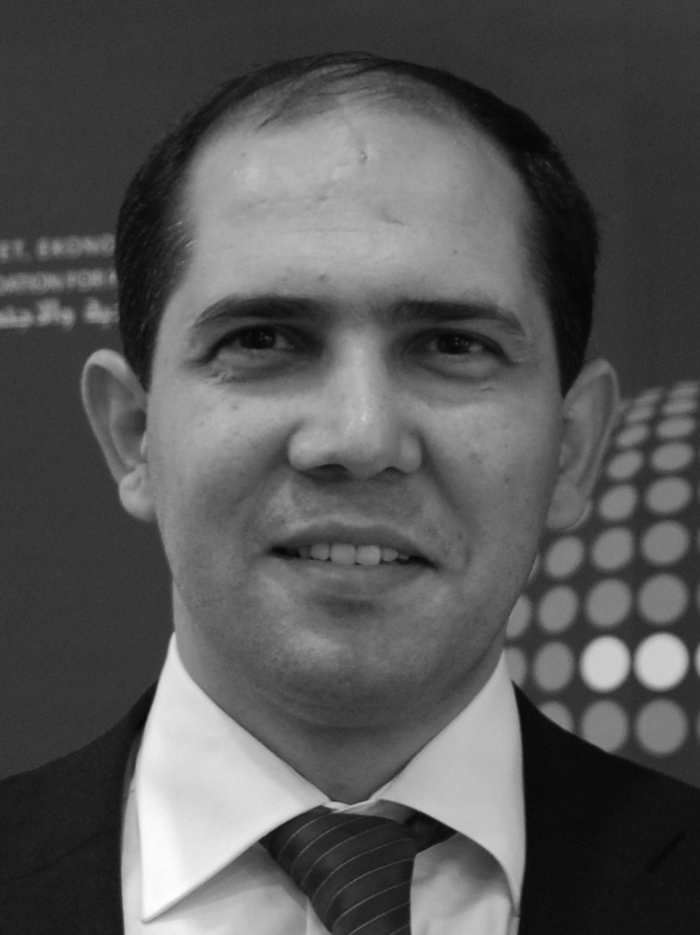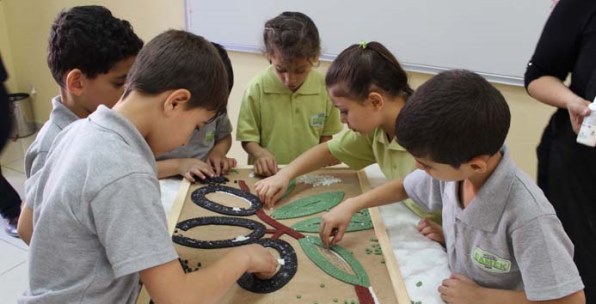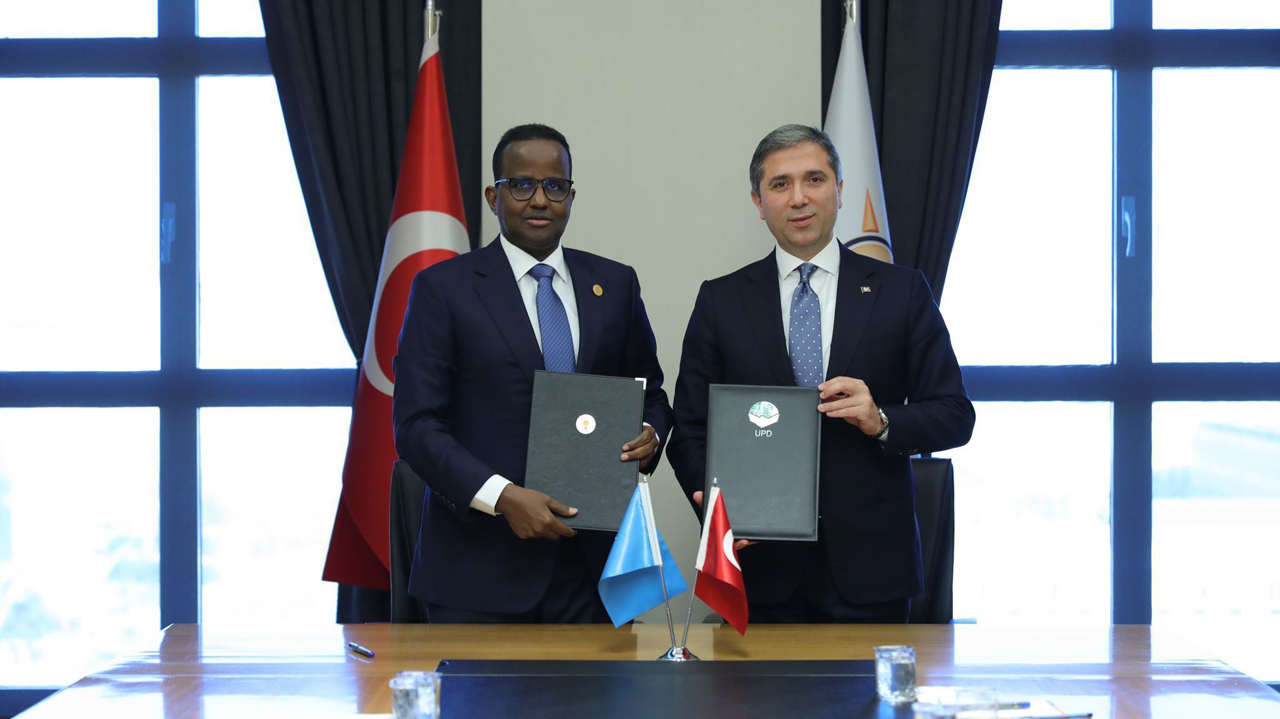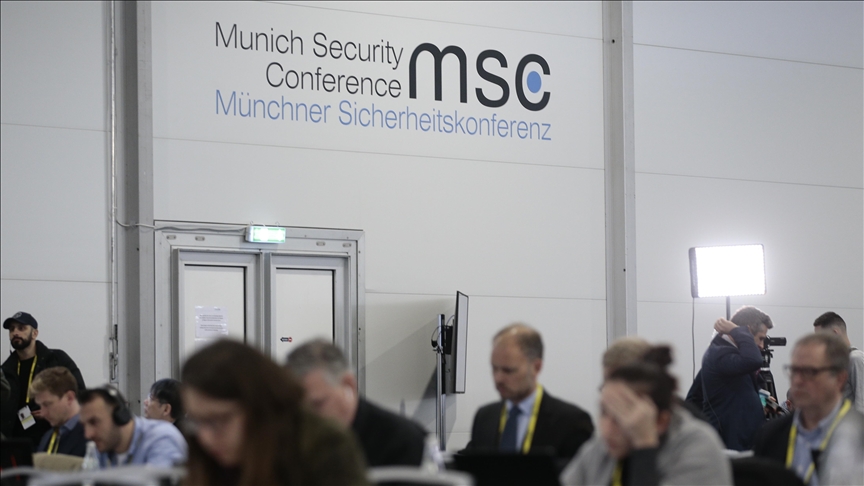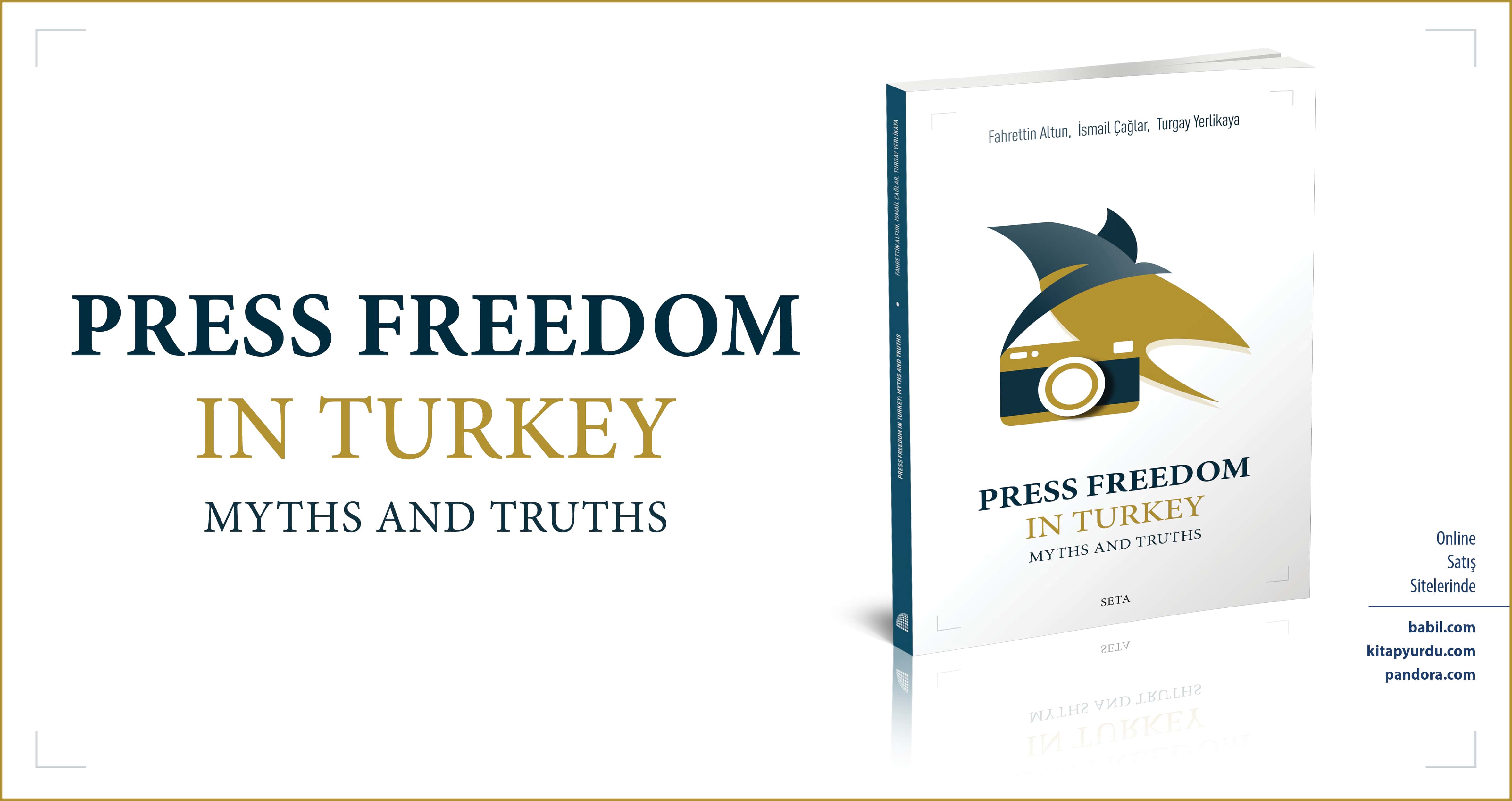The education system in Turkey has been devised by either the military or the judges of the tutelage regime so far. Therefore, education in Turkey has always been uniform and denied differences.
For the first time in the history of the Republic, along with the 4+4+4 system, elective religious courses and language courses such as Kurdish, Abkhazian and Laz were included in curricula. Thereupon, a critical step was taken to meet different social demands and set up a democratic education system.
A year has passed since then and Prime Minister Recep Tayyip Erdoğan unveiled the democratization package on September 30, 2013. With this package, we will be discussing education in different languages in private schools from now on. This testifies that Turkey is on the right track to provide fundamental rights and freedoms.
EDUCATION IN DIFFERENT LANGUAGES IN PRIVATE SCHOOLS
There are many different practices in the world regarding where and how education in mother tongue will be in effect. However, education in mother tongue is, philosophically speaking, an undeniable right. Some countries provide education in different languages in public or schools having government support. Yet some others allow education in different tongues in private schools. Existence of different education models around the world is due to different public administration regimes, financing methods and population density.
As it has been clearly reflected in the reports of the Wisemen’s Committee, which was formed in connection with the Solution Process to the Kurdish problem, there is a strong public demand for education in different languages in Turkey. The announcement made on September 30 is quite critical for meeting this demand. At this point, it is possible to discuss why this regulation covers private schools only. It is a humanly demand to have education in different tongues in public schools, too. What is critical here is that education in different languages is accepted in principle and as a right.
Children of poor families, in particular, may wish to attend a private school providing education in a different tongue. So, it should be open to discussion whether private schools should also be granted with government subsidy (for this purpose). There are pertinent examples of this in the world. For instance, children of financially disabled families have government scholarships; therefore, are able to attend private schools.
THE ABOLISHMENT OF OUR OATH
Another critical item in the announcement of the package is about the abolishment of our Oath (of Turkishness) compulsorily taken by children every morning in elementary schools. A quite strong social demand there was in this direction. The oath-taking in schools was taken after the fascist countries in the 1930s. It was aiming to create a proto-type society and based on the denial of differences.
Our (Turkishness) oath, which was proforma military and extremely nationalist, has caused trauma at the conscious level among non-Turkish children as they felt distant from schools where their first encounter with the State has taken place. Turkish children, on the other hand, are forced parroting some principles that they do not adopt. In short, the abolishment of our oath is good for all children…
I would like to say, to those who are concerned about the division of the country, that our children should, of course, be equipped with a common culture that unites and strengthens us all. However, our oath has not done it. To the contrary, it has caused conflicts among us. So, let us all ponder on genuine and organic unifiers…
THE PERCENTAGE OF FEMALE TEACHERS TO INCREASE!
The percentage of female teachers in all preschools, elementary schools, secondary schools and high schools is way below the average of the OECD countries. This has numerous reasons, one of which is the exclusion of women from working life due to the headscarf ban in public sphere. Lifting the ban will make a tremendous contributi
